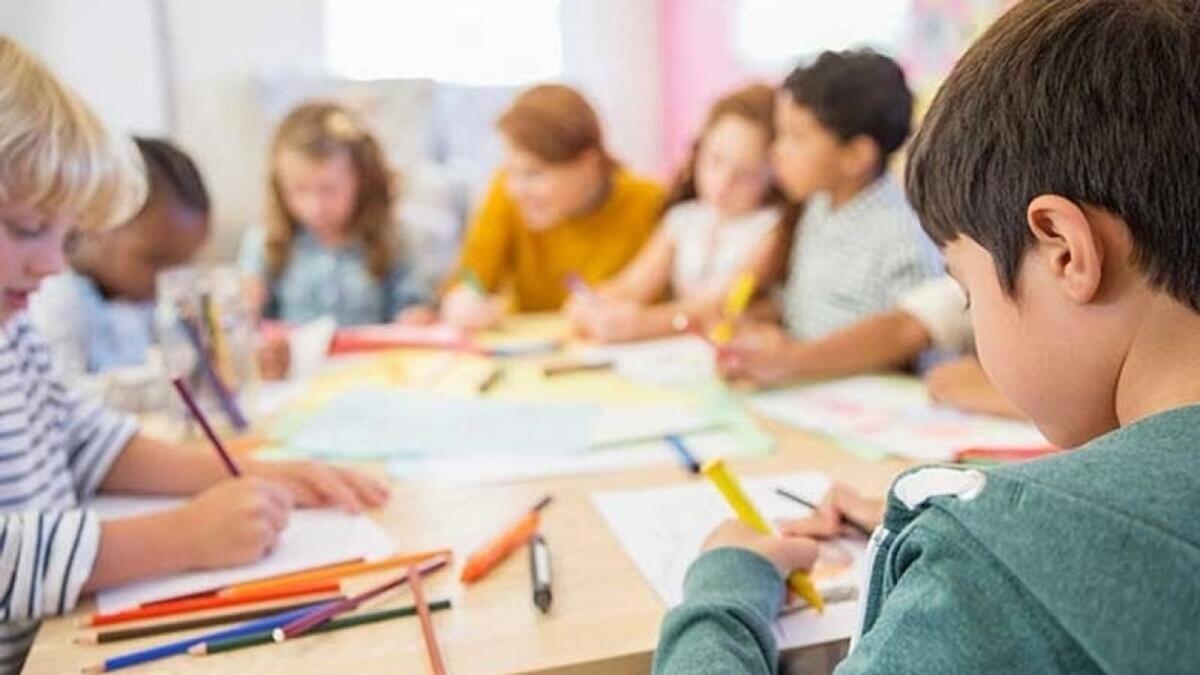Children in the UAE and other Gulf countries are privileged to receive better treatment and opportunities compared to many developed countries, as revealed in a recent global survey. The Welfare Check on the World’s Children study by Gallup indicates that Saudi Arabia, Kuwait, and UAE rank among the top countries where children are believed to be treated with respect and dignity. The high levels of belief in dignified treatment for children in these countries surpass those in developed nations like Ireland, Luxembourg, Singapore, and Switzerland. The survey also highlights that children in the Gulf region have more opportunities for learning and growth than in other developed countries.
Gallup’s executive director for Europe, the Middle East, and Africa, Andrew Rzepa, explains that these countries are delivering exceptional lives for their children and youth, leading to higher levels of hope for the future. Researchers note that Gulf countries have historically fared well in terms of children’s welfare metrics, with Saudi Arabia showing improving trends. The deliberate and measurable investments in children’s welfare in these countries contribute to shaping public perceptions and fostering a brighter future for all individuals.
Contrastingly, countries in Latin America rank lower on the list in terms of believing that children are treated with respect and dignity. Residents of Venezuela, Bolivia, Brazil, Honduras, Argentina, and Peru express lower levels of confidence in the treatment of children in their countries. On the other hand, Gulf residents express a strong belief that children in the region have ample opportunities to learn and grow, surpassing the median results in OECD countries. The survey indicates that 92 percent of respondents in UAE and Saudi Arabia, and 95 percent in Kuwait, see children as having more opportunities for development.
Interestingly, the countries where people are most and least likely to believe children have learning and growth opportunities do not necessarily align with those on the ‘respect and dignity’ list. Andrew Rzepa emphasizes the importance of investing in children’s education for future well-being and happiness. He references the recent World Happiness report, indicating that childhood well-being and emotional health are significant predictors of long-term happiness. Satisfaction with the educational system in Kuwait, Saudi Arabia, and the UAE has shown improvement over the past decade, emphasizing the role of education in shaping the future.
In conclusion, the survey findings shed light on the positive perception of children’s treatment and opportunities in the Gulf countries compared to other regions globally. The emphasis on investing in children’s welfare, particularly through education, is highlighted as a key factor in shaping a brighter future and ensuring long-term happiness for individuals. The results showcase the commitment of Gulf countries to providing a conducive environment for children to thrive and grow, ultimately contributing to a more optimistic and hopeful society.











